I am very excited to announce that Stefano Marras (IMC, Italy) and myself are organising a session for the next Society for Experimental Biology conference (04 - 07 July 2016, Brighton, UK) entitled, "The Role of Individual Variation in the Behaviour of Animal Groups". I think this will be an incredibly interesting symposium as there is exciting work on social behaviours being performed in almost every animal taxa. We welcome any submissions for talks or posters that consider how individual variation in either behaviour or physiology interacts with the functioning of animal groups. This can include fish schools, bird flocks, insect swarms or nests, mammalian huddling - anything. We particularly welcome submission from students and early career researchers. Submit your abstract here!
So far our confirmed invited speakers include:
- Ashley Ward (University of Sydney) "From Individuals to Groups: How Behaviour and Physiology Shape Collective Behaviour"
- Susanne Shultz (University of Manchester ) "Population variation in mountain zebra social networks: individuals, demography and ecology impact on structure"
- Steve Portugal (Royal Holloway University of London) “The good, the bad, and the ugly: Who is really benefiting from moving in groups?”
- Audrey Dussutour (CNRS, Université Paul Sabatier) "Ant nutrition: from individual needs to collective decision"
- Andrew King (University of Swansea) “Heterogeneity in animal collectives”
Here is the symposium blurb:
"Individuals within species show tremendous variation in physiological and behavioural traits. Over the last decade there has been a surge of interest in the ecological and evolutionary importance of this diversity, but the vast majority of this work has been performed on isolated animals. In reality, however, most animals - from insects to mammals - do not live in a vacuum, but instead live within complex social structures. Social influences may override links between traits that exist in solitary animals. Conversely, an individual's standing within a group may be an important factor generating intraspecific variation. Overall, relationships between individual variation and group behaviours will have an important influence on social hierarchies, group migrations, the spatial distribution of phenotypes, and evolutionary trajectories. In particular, the role of individual physiological traits associated with energy metabolism, endocrine status, and sensory physiology are only beginning to be recognised. Without a full understanding of the genetic and mechanistic underpinnings of group behaviours, we cannot possibly predict how animal groups will respond to aspects of environmental change. The recent research focus on intraspecific variability has revealed important insights into physiological and behavioural ecology, but current work is now extending the paradigm to include the physiology and behaviour of animal groups. This session will bring together researchers in this emerging field to exchange ideas and present work at the frontier of our understanding of the role that individual variation plays in the collective animal behaviour."

